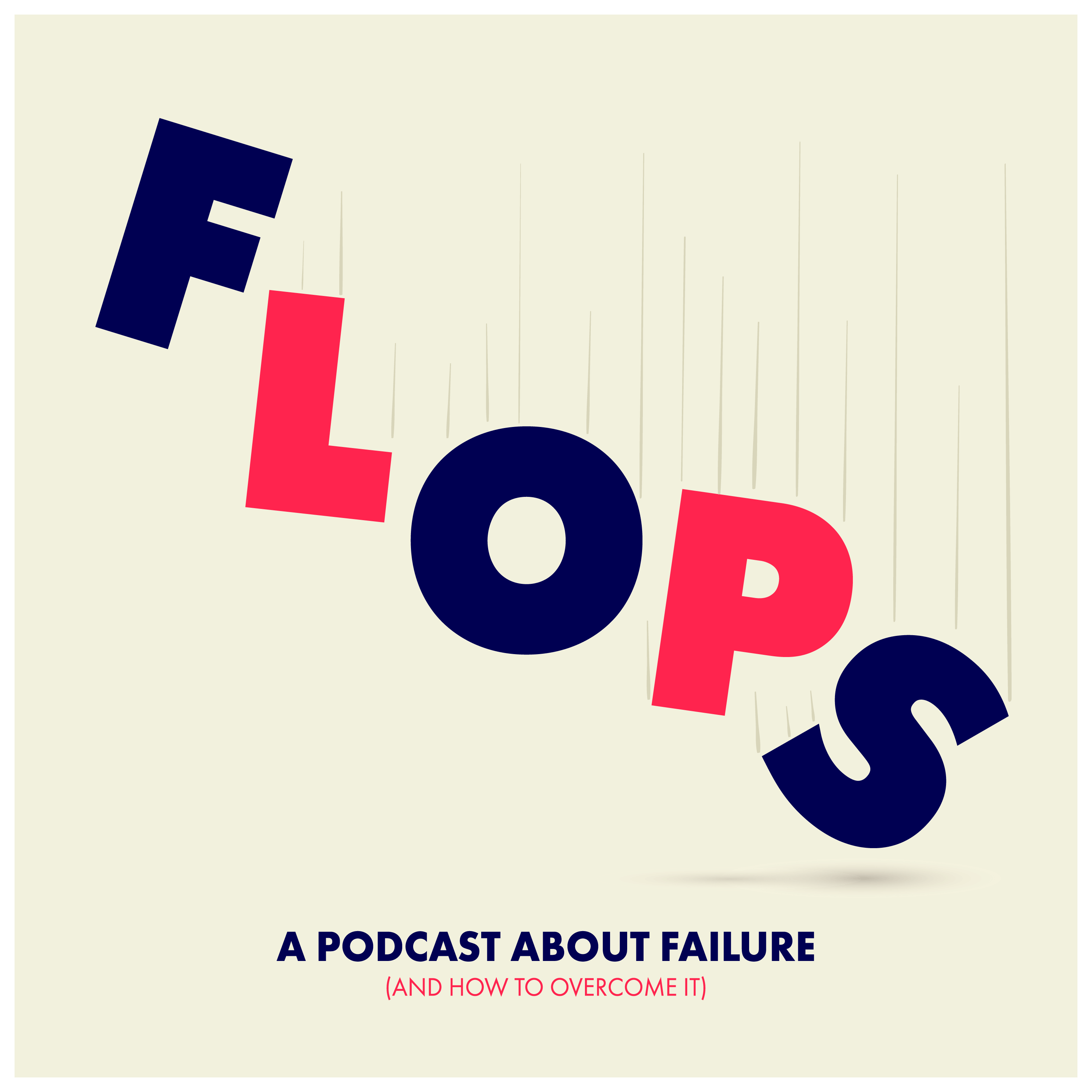

Top iTunes Business Podcast
47+ Million Downloads
Flops: A Podcast About Failure
Archived Podcast — Not Actively Recording
In Flops, Karen Beattie and Ray Sylvester talk to entrepreneurs who have faced frustration, defeats, and flat-out catastrophes in their businesses. You’ll hear about what led them to failure, how they fought their way back, and the lessons they learned along the way.
Listen to the Complete Episode Archive

Get Unstuck in just 5 minutes, for free
Our weekly Unstuck newsletter helps online entrepreneurs break through mental blocks, blind spots, and skill gaps. It’s the best 5-minute read you’ll find in your inbox.
Free newsletter. Unsubscribe anytime.

Join 135k+
Subscribers
